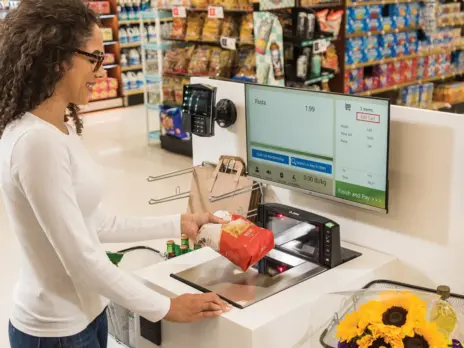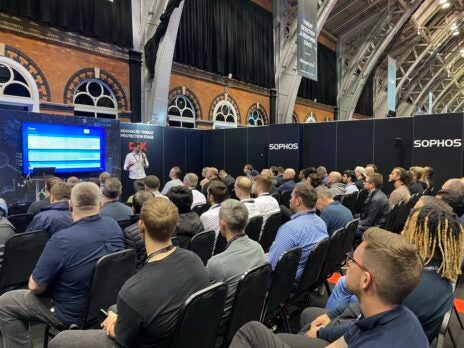A steady rise in security revenues in 2003 indicates that corporate budgets are becoming less constrained and that security remains top of CIOs’ agendas. As viruses and worms continue their rampage, more weight is added to the arguments for vulnerability management and more proactive security solutions.
The combined revenues of 22 of the largest publicly listed pure play IT security vendors in 2003 were up 14% on 2002. In 2003, they generated revenues of $5.33 billion compared to $4.67 billion in 2002. Q4 2003 revenues were 22% higher than the same quarter in 2002 compared to an industry average of 6%.
Q4 2003 a good quarter with revenues up 15% on Q3
Q4 turned out to be a good quarter for most vendors with none of them recording revenues lower than Q3 2003 (although Trend Micro’s revenues were flat). Overall, revenues were 15% higher than in Q3 2003.
Whilst the biggest deal of the quarter was NetScreen’s acquisition by Juniper, the ISS/Cobion, HP/TruLogica and SafeNet/Rainbow deals are also highly significant and more acquisitions could be just round the corner as vendors look to create meaningful portfolios to address emerging security models.
The anti-virus (AV) market continued to benefit from the latest worms and viruses with revenues of the three leading AV vendors rising by an average of 13% in 2003. Another area of sustained growth was in the firewall and virtual private network (VPN) market, which continued to defy predictions that it has reached saturation. Revenues of the seven largest stand-alone vendors in this market grew by 20% in 2003 and Q4 revenues were 22% higher than in Q4 2002.
SafeNet outperformed the overall market with 2003 revenues an amazing 134% higher than 2002 (although growing from a small base). NetScreen also continued to grow at an impressive rate, recording 71% growth in 2003. Both companies were the subject of M&A activity in recent months with Juniper Networks announcing the acquisition of NetScreen in February and the merger between SafeNet and Rainbow being completed in March.
The security authentication space has become particularly tense
The overall performance of the identity management (IDM) space was greatly influenced by a superb quarter from Certicom, who realized $27.6 million in Q4 2003 compared to just $2.2 million in Q3 2003. Overall the revenues of 7 of the leading pure play IDM vendors grew by 12% in 2003, with Q4 revenues 33% higher than the same period in 2002.
As identity management hots-up and opportunities emerge, the authentication space has become particularly tense as other vendors look to take RSA’s token crown, by far the market leader with SecurID. Struggling rival ActivCard puts RSA’s market share outside of financial services at about 80%.
VeriSign, however, aims to erode this share by introducing the Open Authentication Reference Architecture (OATH), and by selling authentication tokens later this year to drive adoption of the architecture. ActivCard is also looking to break RSA’s stranglehold on the market with a dramatic reduction in the price of its solutions. ActivCard tokens will retail at $15 per token compared to the $85 charged by RSA.
Meanwhile, RSA looks to break into the enterprise access market in a tie up with Microsoft, allowing SecurID token users to replace the PC Windows login with SecurID logins, further reducing the need for passwords. While this almost certainly gives RSA an edge over the competition this will almost certainly be eroded if competitors also do deals with Microsoft and if price competition heats up.





